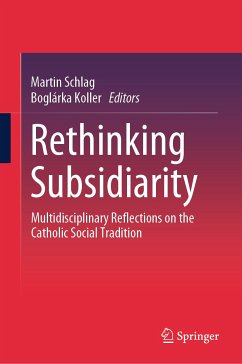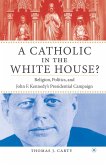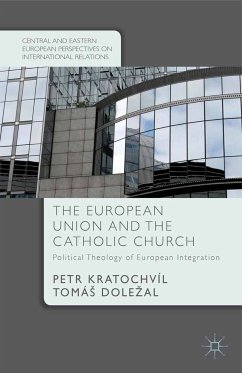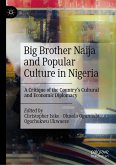This book takes a fresh and interdisciplinary approach to the concept of subsidiarity. While subsidiarity is commonly understood as an organizational principle that assigns competences to the appropriate level within an organization, its application extends beyond politics. This innovative book offers a comprehensive analysis that includes religious and secular perspectives, exploring the relevance of subsidiarity to society, business, law and politics.
By bridging the gap between theology, philosophy, political science, law, and history, this volume fills a significant gap in the literature. It reexamines the ideological foundations of subsidiarity within the Catholic social tradition, investigates its practical implications, and questions how it can address the challenges faced by contemporary business environments, particularly issues of social inequity. With a normative and conceptual approach, the book critically reflects on the links between subsidiarity and themes such as responsible business practices, ecological concerns, individual autonomy, and the common good. By exploring the potential of subsidiarity to overcome dichotomies and promote a middle ground between government-based solutions and individual freedom, the volume offers valuable insights and practical solutions.
This volume stands out as the first major study dedicated to subsidiarity in society, business, law and politics. Through its multidisciplinary lens, it sheds light on unexplored connections and highlights the role of subsidiarity in fostering ethical and socially responsible behavior. It is an essential resource for researchers, PhD and graduate students, as well as professionals in theology, philosophy, political sciences, law, and history who seek a comprehensive understanding of subsidiarity and its implications for contemporary issues.
Dieser Download kann aus rechtlichen Gründen nur mit Rechnungsadresse in A, B, BG, CY, CZ, D, DK, EW, E, FIN, F, GR, HR, H, IRL, I, LT, L, LR, M, NL, PL, P, R, S, SLO, SK ausgeliefert werden.
Es gelten unsere Allgemeinen Geschäftsbedingungen: www.buecher.de/agb
Impressum
www.buecher.de ist ein Internetauftritt der buecher.de internetstores GmbH
Geschäftsführung: Monica Sawhney | Roland Kölbl | Günter Hilger
Sitz der Gesellschaft: Batheyer Straße 115 - 117, 58099 Hagen
Postanschrift: Bürgermeister-Wegele-Str. 12, 86167 Augsburg
Amtsgericht Hagen HRB 13257
Steuernummer: 321/5800/1497
USt-IdNr: DE450055826
Bitte wählen Sie Ihr Anliegen aus.
Rechnungen
Retourenschein anfordern
Bestellstatus
Storno









